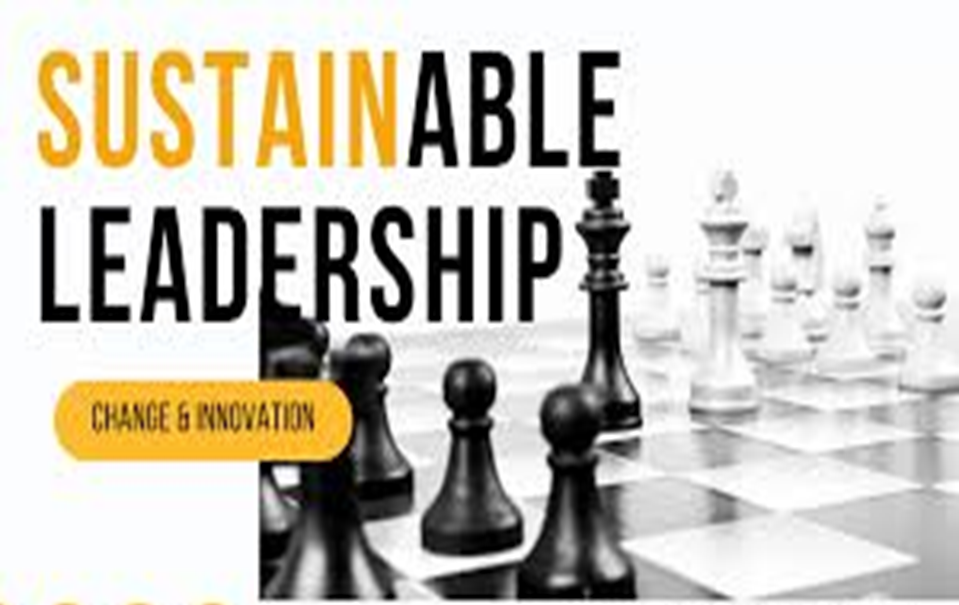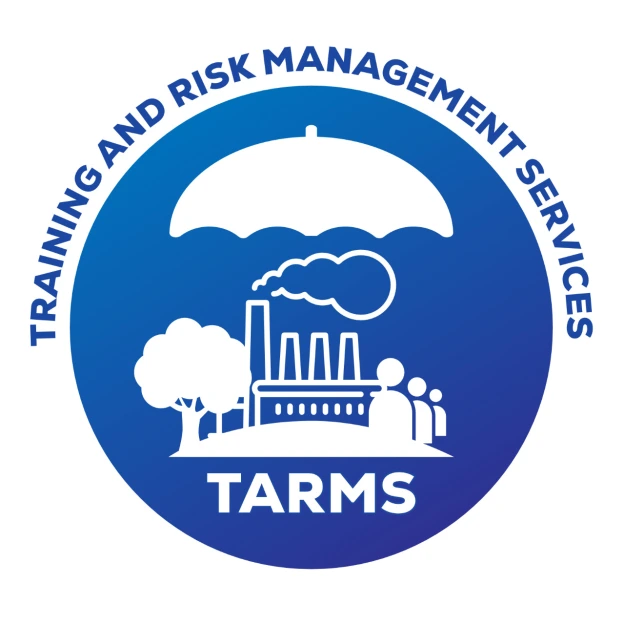
Sustainable leadership refers to a leadership approach that emphasizes long-term viability, ethical practices, and responsible decision-making to create lasting positive impacts on both the organization and the broader environment. This style of leadership extends beyond immediate financial gains and focuses on fostering a positive organizational culture, promoting social responsibility, and minimizing environmental impact.
Key principles of sustainable leadership include:
Long-Term Perspective:
Sustainable leaders prioritize long-term goals and outcomes over short-term gains. They consider the impact of their decisions on the organization, its stakeholders, and the environment in the years to come.
Ethical Practices:
Ethical behavior is a fundamental aspect of sustainable leadership. Leaders who prioritize sustainability make decisions that align with moral and ethical standards, ensuring fairness, transparency, and accountability in their actions.
Stakeholder Engagement:
Sustainable leaders recognize the importance of engaging and considering the interests of all stakeholders, including employees, customers, suppliers, local communities, and investors. They seek to create a positive impact on a broad spectrum of stakeholders rather than focusing solely on shareholders.
Environmental Responsibility:
Sustainable leadership involves an awareness of and commitment to environmental sustainability. Leaders in this category take steps to minimize the environmental impact of their organization’s operations and encourage sustainable practices throughout the supply chain.
Innovation and Adaptability:
Sustainable leaders foster a culture of innovation and adaptability. They encourage creativity and are open to adopting new technologies and practices that can contribute to both the organization’s success and its sustainability goals.
Employee Well-Being:
Recognizing that employees are a crucial asset, sustainable leaders prioritize the well-being and development of their workforce. This includes providing a healthy work environment, promoting work-life balance, and investing in employee training and development.
Social Responsibility:
Sustainable leaders understand their organization’s role in the broader community and society. They actively engage in social responsibility initiatives, such as philanthropy, community outreach, and efforts to address social issues.
Transparency and Communication:
Sustainable leaders communicate openly and transparently with stakeholders, sharing information about the organization’s sustainability practices, achievements, and challenges. This fosters trust and accountability.
By incorporating these principles, sustainable leadership aims to create organizations that thrive not only economically but also socially and environmentally. The goal is to balance the needs of the present without compromising the ability of future generations to meet their own needs

